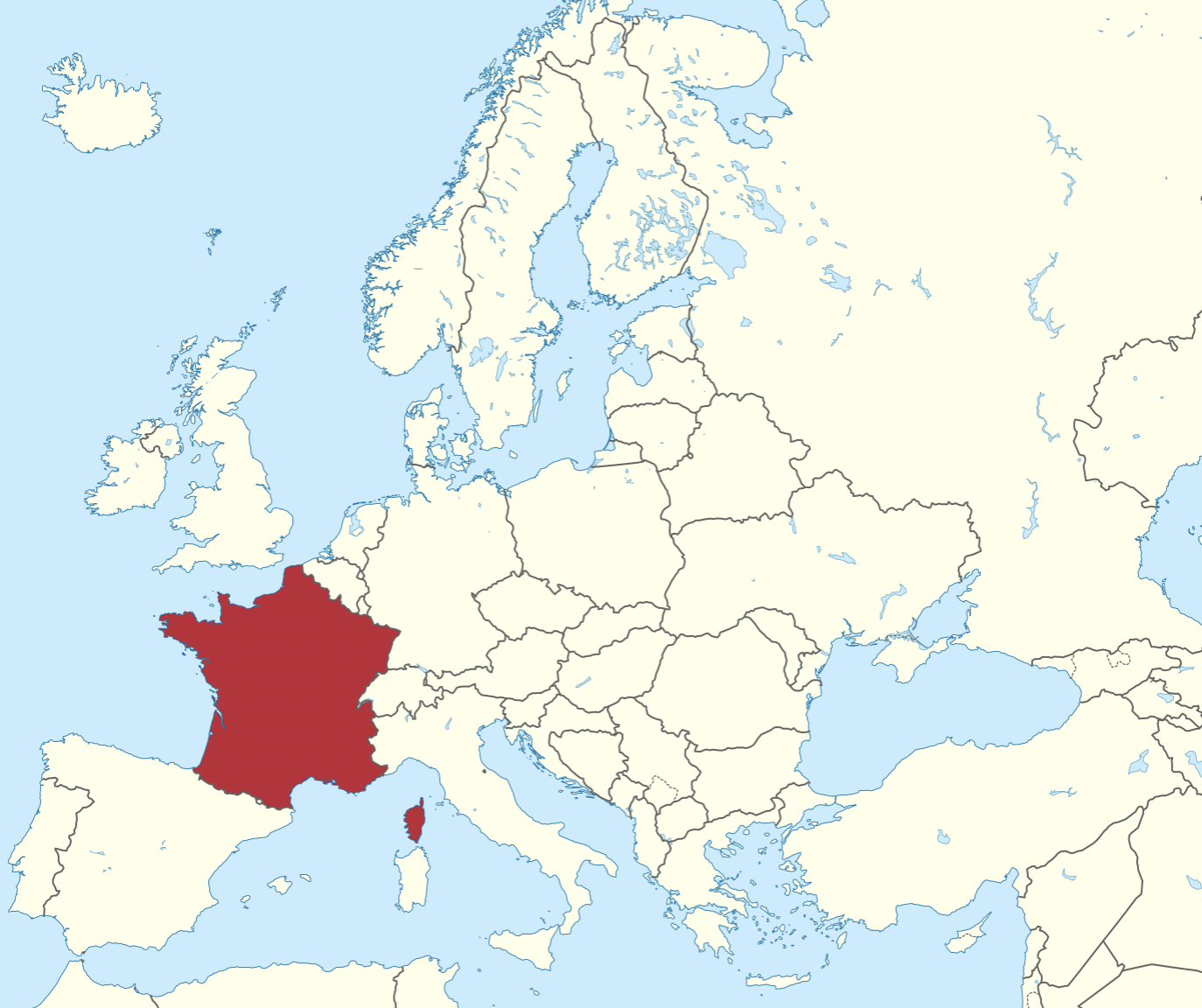
France 🇫🇷
Global Education Profile
GENE participant since 2015.
+ Ministries and Agencies in GENE
MEFA Ministry for Europe and Foreign Affairs (France)
Agence Française de Développement
+ Other Ministries and Agencies in GE
Ministry of National Education, Youth and Sports
Youth Policy Orientation Council
Inter-ministerial Committee for International Cooperation and Development (CICID) creates objectives for the AFD and is chaired by the PM. Latest statement is here
The Multi-Stakeholder Advisory Group on Global Citizenship Education (GCE) has been created in 2017 as a forum for sharing ideas and experiences. The Group is composed of representatives from French institutions and associations, four ministries, Agence Française de Développement (AFD), local authorities and multi- stakeholder regional networks. These organisations reflect various approaches, initiatives and audiences. Most of all, they share a common purpose: promoting individual and collective contribution to a fairer, more inclusive, and sustainable world through Education and GCE. In November 2020, the Multi-Stakeholder Advisory Group released a joint report detailing the reasons why GCE should be a priority for public policies and play a key role in initiatives led by organizations from public, associative, cultural or private sectors.
+ Civil Society and Youth Platforms
Réseaux Régionaux Multi-Acteurs pour la Coopération et la Solidarité Internationales RRMA (Multi-stakeholder regional networks) are the platforms dedicated to international solidarity and coordination of ECSI activities, and the main partners of the MFA and the AFD.
National Council for Youth Policy
+ GE Specific Budget
Budget of GCE 13 347 147 € 2019
from National Country Report
+ Global Education Documents
Official bulletin of generalization of Education for Sustainable Development 2007
Education for sustainable development bulletin 2011
A new Development Aid Law, called Planning Law on Solidarity Development and the Fight Against Global Inequalities, has been developed, has been adopted on the 4th July 2021. The Article 4 of the law provides that Education for Citizenship and International Solidarity is an important element of the French development policy, notably in terms of transparency and in terms of the consistency of public policies. The law provides for actions to boost the general awareness of the public about global solidarity issues, but also of sustainable development issues and to provide access to international volunteer programmes.
GENE is a member of the steering committee of a national evaluation on ECSI.
+ Concepts and Definitions
The Education for Citizenship and International Solidarity (ESCI) is a social and political process whose aim is to promote individual and collective contribution to building a just, inclusive and sustainable world. It is based on an educational process which takes place throughout life. (from Educasol Charter for Education for Citizenship and International Solidarity)
“24.6. France will pursue its efforts to support the initiatives of the actors involved in citizenship and international solidarity education in order to promote the ownership and understanding by citizens of the challenges of sustainable development, as well as their participation.”
(from Interministerial International Cooperation and Development Committee (CICID) 8 February 2018 Statement of conclusions
+ GE in Nonformal Education
MEducation for Citizenship and International Solidarity (ECSI) is a kind of non-conventional education that raises awareness of development issues and plays a crucial role in advancing toward the Sustainable Development Goals. ECSI promotes the commitment of all citizens to a fairer, more inclusive and more sustainable world. Since 2009, AFD has been supporting the ECSI initiatives alongside French civil society organizations.
Solidays music festival to raise awareness on AIDS.
The Festival of Solidarities (Festisol) is a key event for everyone who seeks to promote international solidarity in in France. Each year the Festisol take place during the second half of November : more than 2,400 associations, schools and cities organise events with a serious purpose but a fun and friendly atmosphere in order to celebrate local and international solidarity.
Migrant’ scene cinema festival to raise awareness on the violation of human rights of migrants.
+ Educational Resources on GE
Mobilizing the social bond to strengthen the power to act (in French, 2017)
On the road to impact in ECSI (in French, 2013)
Summary sheet on the impact assessment of ECSI actions (In French, 2019) - map of questions and practitioner needs.
Methodological guide: ECSI: How to self-evaluate your actions? (In French, 2009)
ESCI EVSI published with France Volontaires (In French, 2017): Integrating Education for Citizenship and International Solidarity in Support of Voluntary and Solidarity Engagement at the International.
The [podcast]25, a new awareness-raising medium [“Reinventing the World**”]26
Playbac - a guide for students on sustainable development actions in their schools by integrating a global approach.
+ GE Civil Society Actors
Festival des Solidarités / CRID: umbrella organization for thousands of events promoting international solidarity and sustainable development, all around France, and also in some African countries e.g. Benin, Burkina Faso, Guinea and Cameroon
RITIMO: CSO network dedicated to information about international cooperation, citizenship and sustainable development
+ Overall ODA Budget
92 879 999 € 2019 ODA (from National Country Report)
+ Development Policy Documents
New Law on International Development
OECD Development Cooperation Peer Reviews France 2018
The 2018 state of play of ECSI: A publication in the framework of the ECSI Observatory (In French, 2018)
+ Agenda 2030
France Roadmap for the Agenda 2030
+ EU Presidency Last / Next
2008/2022
Public opinion on issues related to Global Education
This website was created and maintained with the financial support of the European Union and the Ministries and Agencies that support GENE. Its contents are the sole responsibility of GENE and do not necessarily reflect the views of the European Union.


